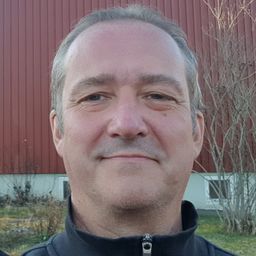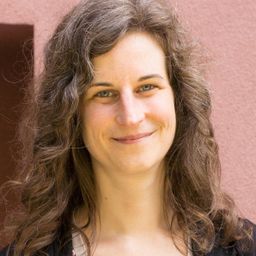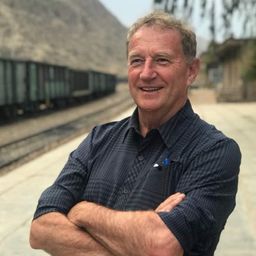Reinterpreting industrial heritage from a global perspective I
My Session Status
Industrialization processes have been global from their very beginning. However, their interpretation still tends to be limited to specific locations or regions, and to specific time periods. Regularly, for example, it is stated that the industrial revolution started in Europe, from where it spread to the world, supposedly bringing technological and social progress to „less developed“ countries. Earlier periods of technology and knowledge transfer processes, that were already in place in the context of the global expansion of the European economic model from the Middle Ages, are only rarely taken into account. Crucially important historic transnational interconnectedness and actor networks as well as the fundamentally unfair power relations and unequal terms of trade also remain largely unconsidered up to date.
In our session we want to overcome Eurocentric interpretations of industrial heritage and industrial processes, and give voice to more perspectives and differing narratives on the topic. We invite colleagues from different disciplines and different world regions to share their views, in order to challenge and change the traditional viewpoints from a truly global perspective. We ask: Who benefits from industrialization, and who suffers its social and environmental consequences? And how does this reflect on the global and regional scales at the same time, affecting people and local environments in the global South and North alike?
We welcome conceptual contributions and case studies that deal with the implications of the traditional extraction model born in Europe and based on the exploitation of human and natural resources. Shifts within the global economy resulting in the consumption of ever-new territories, changing land and culturescapes, environmental disasters and access problems to primary sources such as minerals or water, are some of the aspects we would like to discuss. The struggle for control over territories and conflicting narratives related to that are also at the core, and we are most curious to hear about heritage construction processes that challenge the classic celebration story of progress and growth told by the traditional centres and dominant actors of industrialization.
With the ambition to decolonize industrial heritage interpretation and take on human and planetary responsibility, this session wants to explore conceptual and methodological approaches that enable us to understand that we are all part of the same global system, living and working in places that fulfil locally specific functions and roles that can change over time. Our aim is to open a debate on ideas and tools that we need when we seek to understand industrial processes as a global phenomenon of the past, present and future and make heritage construction processes more inclusive and outward-looking – thus, shaping our way into a global society, maybe also more just and more peaceful.
Two days after the session, we plan to resume and discuss our main findings and future perspectives in a Roundtable debate titled "Sharing industrial heritage glocally".
Sub Sessions
This paper is designed to introduce the session's overall topic, and should therefore be programmed as the first presentation of this session within the congress program. I will give an overview on the broad variety of aspects that are covered by the different session's participants. The focus is on the connecting points between all of them; I will also moderate the session from this viewpoint and in addition introduce the idea of the round table on "Sharing industrial heritage glocally", w...
This aim of this paper is to critically discuss corporate history- and heritage making in the colonial context of Arctic Fennoscandinavia. The paper compares the post-extraction histories of two mining regions in the Fennoscandinavian Arctic – the Pite älv river valley in Sweden and the Kolari region in Finland. Both regions are situated in Sápmi, the lands of the indigenous Sami people that spans across the border between Arctic Norway, Sweden, Finland and Russia. The paper explains the role...
This paper builds on a sequence of earlier work on the history of wood and examines the global use of wood as a construction material. My 2018 TICCIH paper demonstrated the role of a comprehensive framework for the forest industry. I called this framework Global Wood. It offers a contextual role for categorising and assessing this heritage. The four key elements that comprise Global Wood reflect the dominant processes and organisational structures within the forest industry: (1) grow forests;...



Discussion